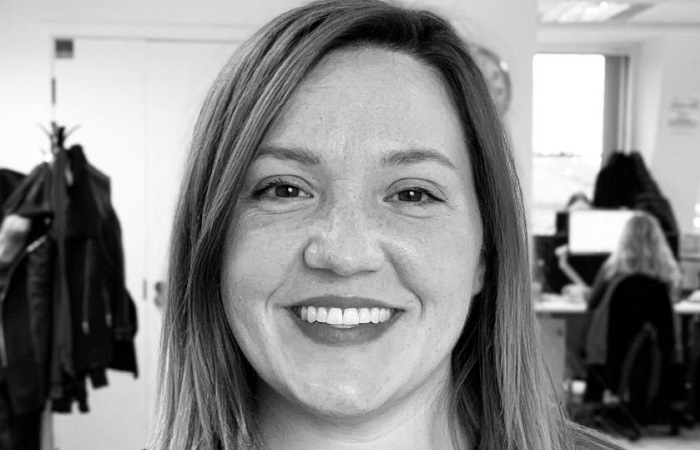
In 2018, Mind surveyed more than 44,000 employees across upwards of 100 employers for our annual Workplace wellbeing index. We found that the key drivers for mental health were not just things like pace of work, workload and the physical environment, but motivation and relationships with managers. Employees need to feel that their contribution is valued, and be able to see how the work they do supports the overarching aims of their employer.
Mind works with employers of different sizes and sectors to help them create mentally healthy workplaces for all staff, including those with mental health problems. As part of the Workplace wellbeing index, we help employers identify any gaps in their provision and highlight the work-related causes of stress and poor mental health that need to be addressed. We also encourage employers to put in place effective ways of working to promote wellness. Offering things like flexible working hours and regular meetings with managers, for example, can benefit the whole workforce, especially if these catch-ups include timely feedback and praise.
Employers that prioritise staff wellbeing report having more motivated, loyal staff, who are less likely to need time off sick or leave the organisation altogether. Recognising and rewarding staff is just one way to show employees their contribution is valued, and needs to be one part of a comprehensive approach to staff wellbeing.
Employers also need to remember they have a legal duty to support disabled employees under the Equality Act 2010. A Mind survey of more than 1,700 people with mental health problems, published in December 2019, found that more than two-fifths (44%) of respondents did not know their conditions could legally be classed as a disability. This means people are missing out on important workplace rights and protections, including reasonable adjustments: changes to things like working hours, roles and responsibilities to help support them to thrive in their roles.
Mind is calling on the incoming government to make sure the legislation protecting disabled people at work is fit for purpose, and that a disability is clearly defined.
Emma Mamo is head of workplace wellbeing at Mind